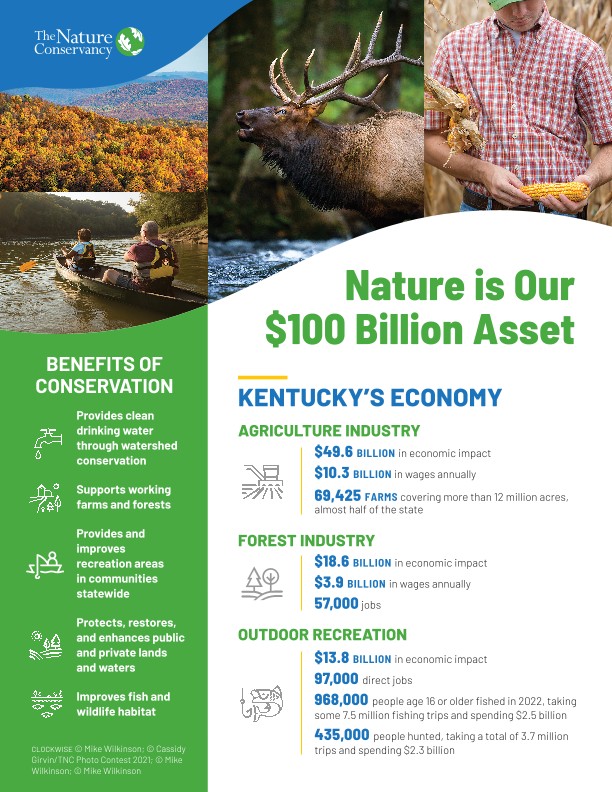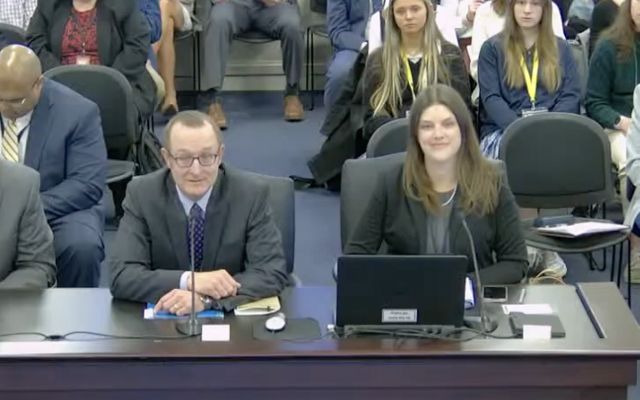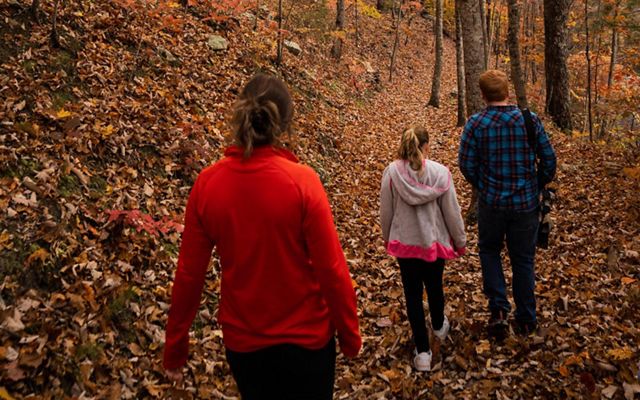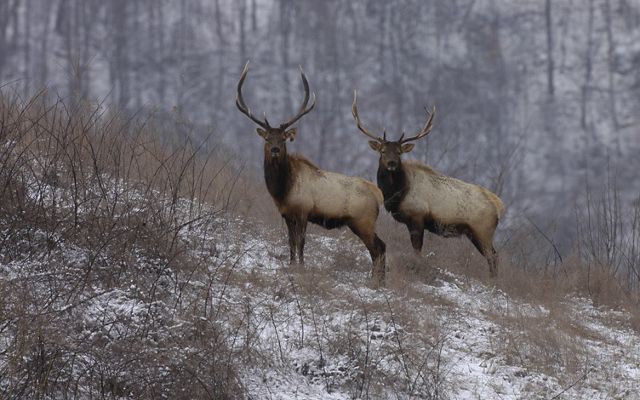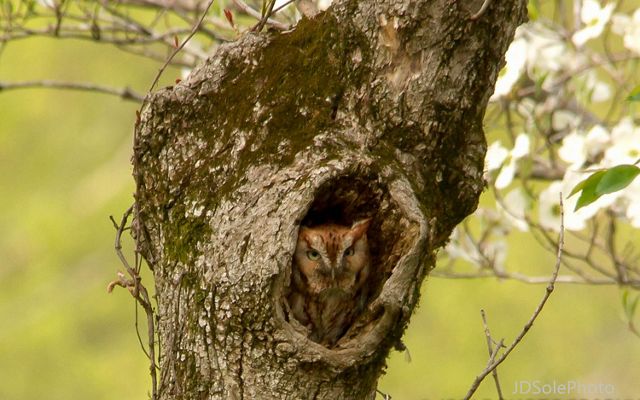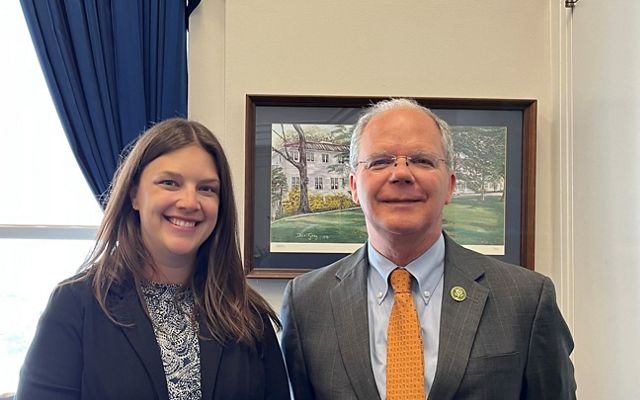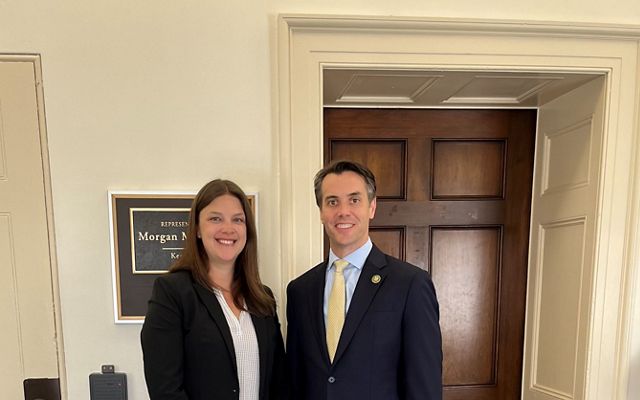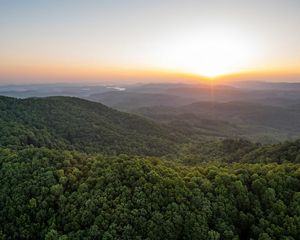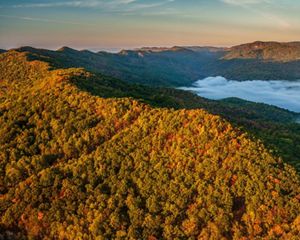
Government Relations and Policy in Kentucky
Partnering with state and local governments for a more sustainable future for people and nature in Kentucky.
The Nature Conservancy is nonpartisan, nonconfrontational and collaborative. We work with policymakers on both sides of the aisle and all stakeholders to move policy forward that benefits people and nature. Our science-based approach focuses on what brings us together, not on what divides us.
Here in Kentucky, we are working with policymakers to help enact legislation that protects nature and invests in local communities. We know that policy makes conservation possible. By sharing our years of on-the-ground expertise, we can help inform policy that moves conservation forward.
Download
Nature matters to people, and conservation is important to many Kentuckians. We work with policymakers to keep these shared values in mind.
DownloadDownload
TNC works to secure public funding for conservation. Read our report to learn why. Questions? Contact Heather Jeffs.
Download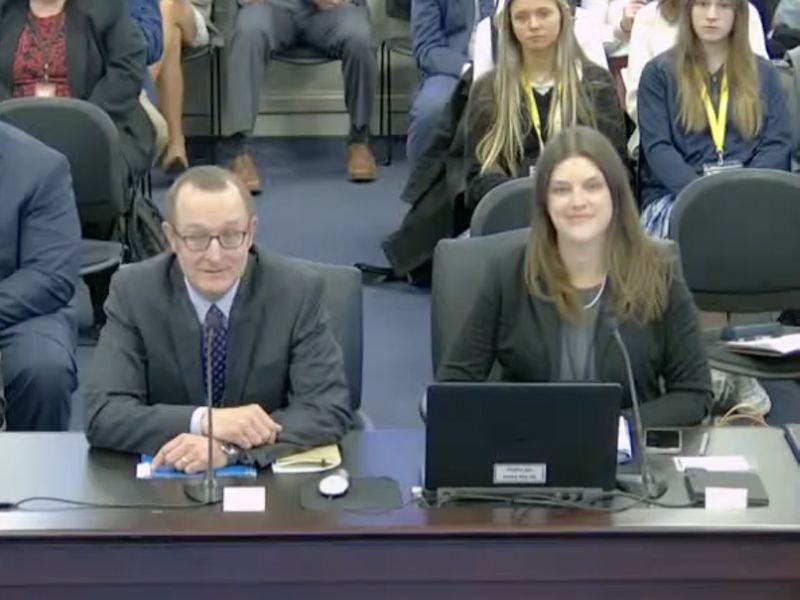
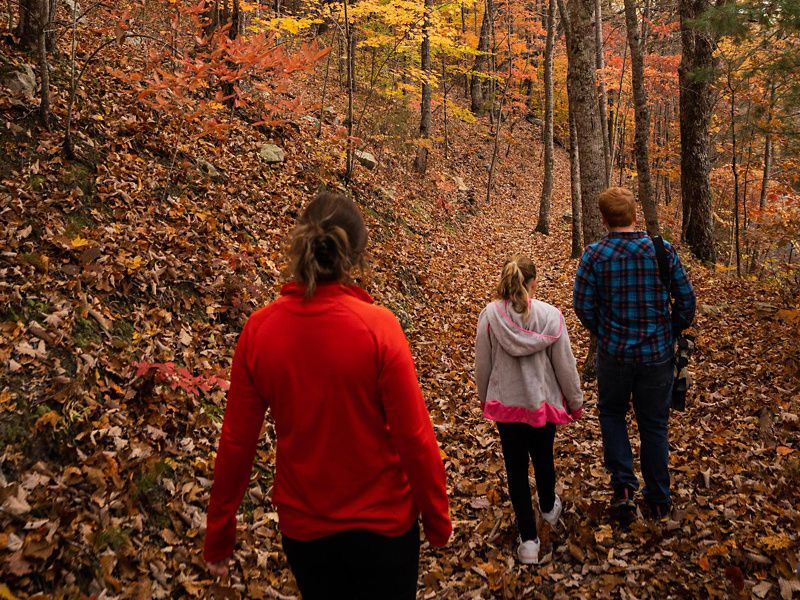
In Kentucky, TNC’s involvement in conservation issues and our nonpartisan, science-based, solutions-oriented approach is well-respected across the political spectrum. Our successful government relations program ensures TNC’s status as a trusted voice on conservation and related issues in Kentucky—a voice that elected officials, the public and other organizations turn to.
Over the years, TNC in Kentucky's State Director, David Phemister, and Director of External Affairs, Heather Jeffs, have spoken with Kentucky legislators to discuss the importance of land conservation for people and nature. Our work on protecting Cumberland Forest Wildlife Management Area, the largest conservation easement in state history, is an example of our bipartisan efforts to work toward the protection of nearly 55,000 acres of the critical Appalachian Mountains.
Most recently, Heather Jeffs spoke to Kentucky legislators at an Interim Joint Committee on Natural Resources and Energy meeting to share her knowledge of new and existing conservation opportunities in Kentucky.
Quote: Heather Jeffs
Our approach to government relations and policy work is all about bringing people together. Whether it’s our advocacy in DC or in Frankfort, TNC has demonstrated a record of successes in Kentucky when it comes to building support for conservation and the ways it benefits both people and nature.
Hear More from Heather
Read a Q+ A with Heather Jeffs and learn more about her work to secure funding for conservation.
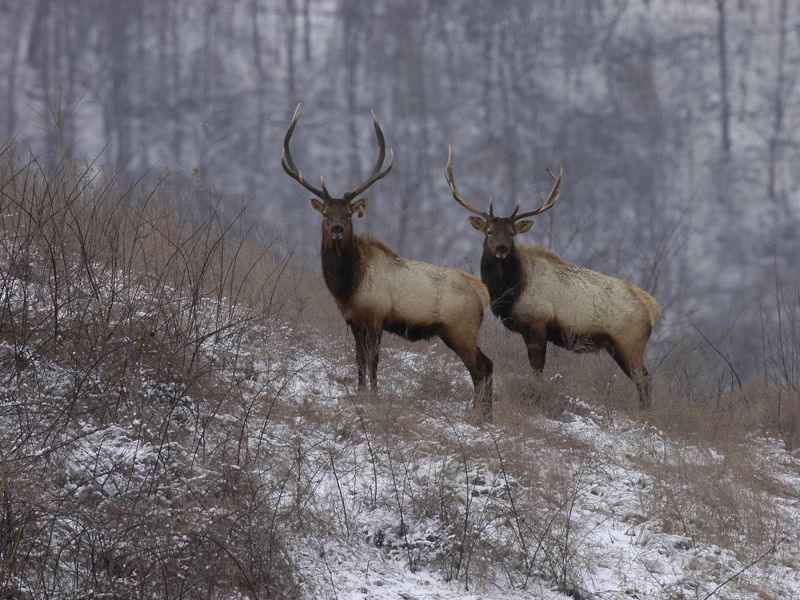
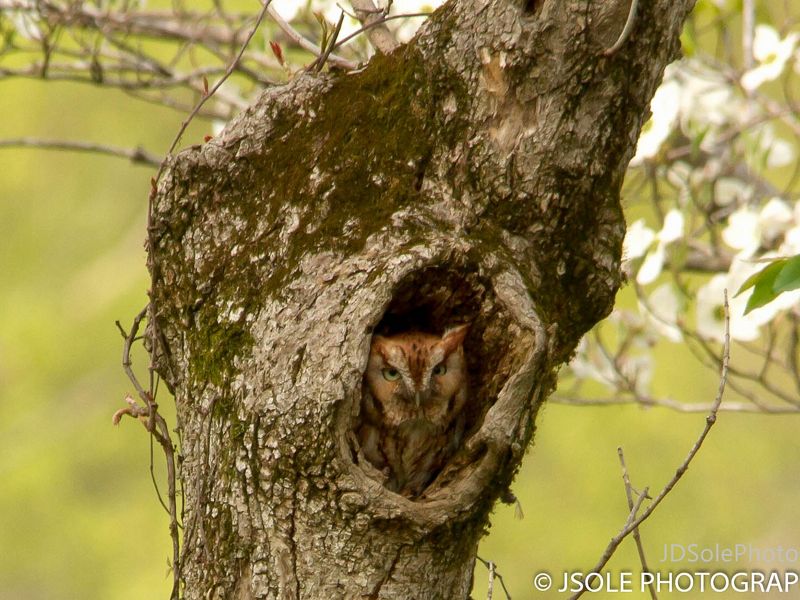
TNC’s policy and government relations work is critical for our conservation success. Our work builds support among key constituencies including the general public, elected officials, businesses and industries and other potential partners and supporters. Building a baseline of support among these constituencies can unlock both potential public and private funding opportunities, build strong partnerships and networks, lead to positive policies and regulations and create a sense of urgency for our work.
Heather Jeffs is currently working with Kentucky lawmakers to help expand Mammoth Cave National Park. A bill sponsored by Rep. Guthrie and Sen. McConnell would allow the National Park Service to purchase over 550 acres of land from TNC to expand the park and continue to protect even more of one of Kentucky's most unique natural habitats.
Heather Jeffs said, "TNC strongly supports the Mammoth Cave National Park Boundary Adjustment Act, which would update the authorized boundary of Mammoth Cave National Park so that the National Park Service may acquire a small and targeted tract of land important to the larger cave system and enhance the conservation and public visitation values of the park.”
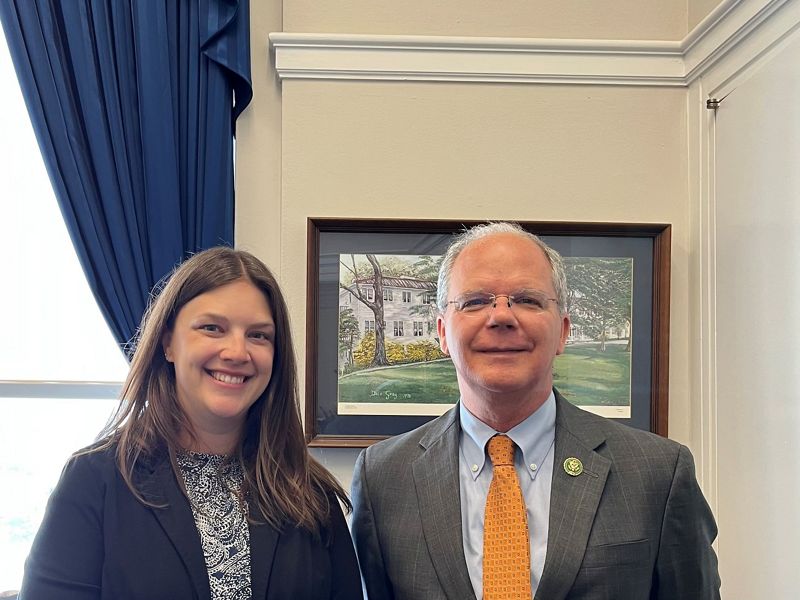
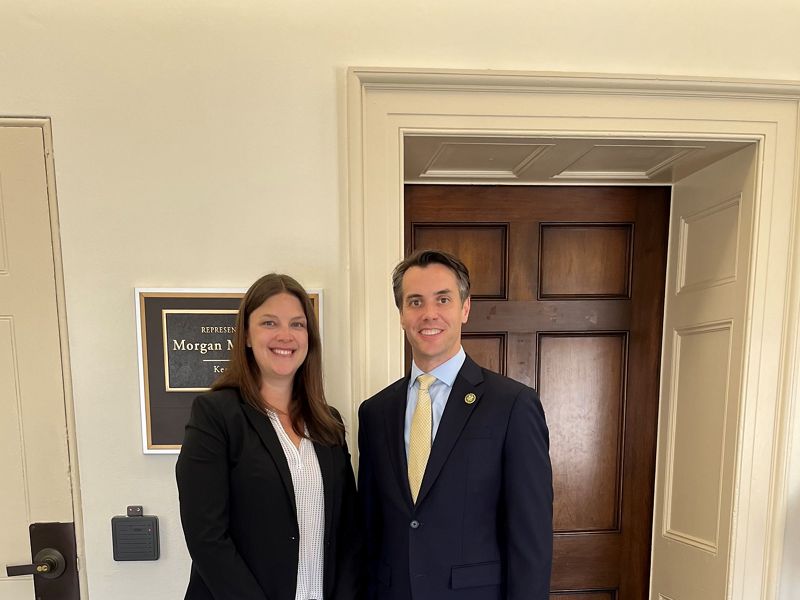
Together, we have accomplished a lot for people and nature. We will continue to work in Kentucky to enact policies that protect our land, water, climate and communities. Healthy farming practices help support healthy rivers, smart fire management helps prevent wildfires and thriving ecosystems create natural places for people to enjoy nature. We will continue to work for a brighter future for all.
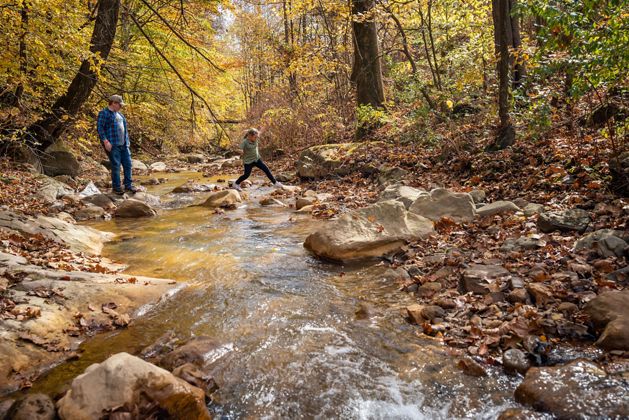
Kentucky Nature News
Sign up to receive monthly conservation news and updates from TNC in Kentucky. Learn more about important conservation news near you.
Make a Difference in Kentucky
From the beautiful Appalachian Mountains in the east to the fertile Mississippi River Basin in the west, nature matters to Kentuckians. By supporting our work, you can help ensure a future in which nature and people can thrive.
